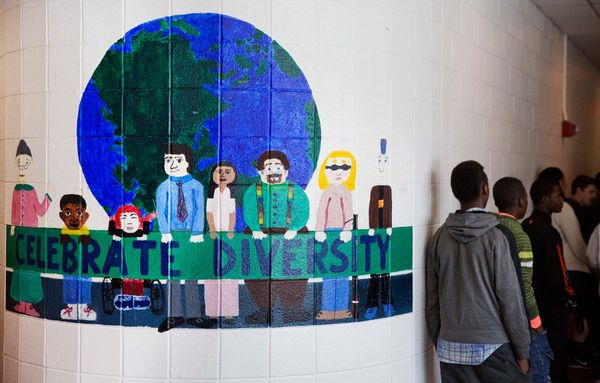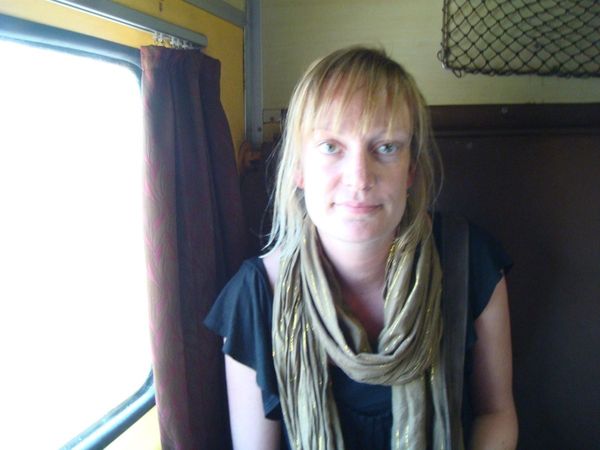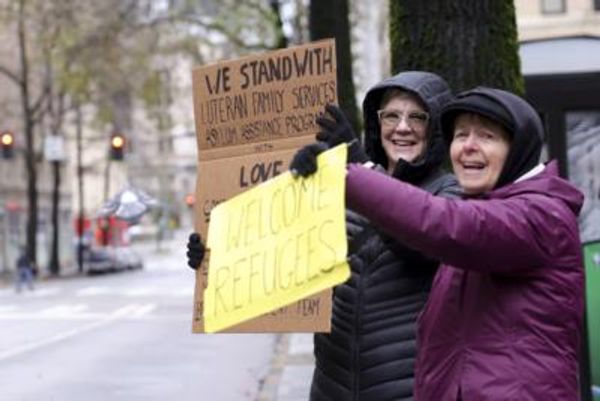
Mothers who have experienced a positive birth often stay silent because they don’t want to gloat. On the flip side, if you’ve ever been pregnant, you’ve likely been a magnet for careless remarks and grief-filled birth recounts.
It’s understandable; birth processing is a management tool for birth trauma but unfortunately, not all women have a safe space to debrief.
All experiences need to be amplified because we can never underestimate the wisdom of women’s stories and the power they have to incite change.
There is research that shows 1 in 3 Australian mothers live with birth trauma. Some perinatal specialists believe the stats are much higher, exacerbated by a maternity system in crisis and the lack of funding for midwifery continuity of care; the model of care with the best maternal outcomes.
We also know that the second leading cause of death in the first year after birth is maternal suicide; a statistic informed in part by negative birth experiences where women feel unsupported, unheard and traumatised.
I’m part of that statistic – my first birth was traumatic; a long 36-hour labour resulting in a forceps-assisted birth, a postpartum haemorrhage and pelvic organ prolapse. But I’ve also experienced the joy and elation of two positive births that I actively and mindfully prepared for.
I had the privilege of being a white woman with the knowledge of how continuity of care with a known midwife could help me. I’m not sure I could parent another child but given the chance, I’d go back to experience the powerful ebb and flow of contractions and the oxytocin-high of lifting my newborn on to my chest.
It’s important to note that positive births aren’t rare events; they occur every day in birth centres, hospital wards, operating theatres and sometimes in homes all over the country.
Right now there are mothers in every city and town using their breathing and sound skills to navigate the challenge of contractions; making informed choices to have pain relief because they understand how it will help them; preparing for a maternal-assisted caesarean because they have advocated for their preferences despite their medical limitations.
Research shows that a positive birth experience is dependent on two things: the birthing mother’s ability to make informed choices and those choices being respected and supported by her care provider. A positive birth is not dependent on how or where you birth; it’s dependent on your education, preparation and the support you receive in the throes of labour.
We know that birthing options are often dictated by knowledge and postcode lottery (you know what the best care options are and you live in an area where they’re available) but birth education should be accessible to all people preparing to give birth, regardless of what they already know or in spite of the fact that they know nothing. It also needs to be inclusive and conversational.
While many women will experience fragmented care in the public hospital system, there are organisations like Birth for Humankind who ensure disadvantaged women aren’t birthing alone and have access to culturally-safe doula support in pregnancy, birth and postpartum. Student midwives are also an accessible and free option for continuity of care if you can’t access the limited places in the midwifery group practice (MGP) program at your local public hospital.
Alongside consistent culturally-safe care, pregnant women need to hear positive stories to believe that they’re possible. Listening to new mothers recount the preparation they did in pregnancy and then detail the hours of labour – their challenge and doubt alongside their resilience and faith – is the first step to actively preparing for your own birth.
And then? Get educated. Understand the role of hormones in labour, the physiological process your body goes through to open and birth, the skills that will help you navigate contractions and the mindset tools you can embrace to keep you afloat when doubt, fear and overwhelm takes hold.
Partners and support people need to be educated, too, because they are the advocates when labour renders the birthing mother speechless; they need to bolster her when she isn’t sure she can do it any more.
It’s also crucial you understand the risks and benefits of pharmacological pain relief and interventions so if you choose those options, you’re doing so from a position of informed power instead of blind fear.
Birth plans are positive steps forward in your preparation but it’s a good idea to write plan A, B and C so you understand the potential paths of a sometimes unpredictable labour and birth experience and you’ve outlined your preferences regardless of what happens on the day.
We know knowledge is power but when it comes to birth, it’s also the foundation of a positive experience and confident start to parenthood. We need more social conversation about positive birth so pregnant women are encouraged to prepare. There’s enormous comfort in learning from the women who have birthed before you.
Our birth trauma statistics are alarming but they shouldn’t silence the positive stories that exist. We need positive stories because they have the power to change women’s experiences – for the better.
• Sophie Walker has a masters in public health and is the host of Australian Birth Stories podcast which features over 400 stories of pregnancy, birth and postpartum and has over 13m downloads. She is also the author of the bestselling book, The Complete Australian Guide to Pregnancy and Birth.
• In Australia, the crisis support service Lifeline is 13 11 14. In the UK and Ireland, Samaritans can be contacted on freephone 116 123, or email jo@samaritans.org or jo@samaritans.ie. In the US, you can call or text the National Suicide Prevention Lifeline on 988, chat on 988lifeline.org, or text HOME to 741741 to connect with a crisis counselor. Other international helplines can be found at befrienders.org







